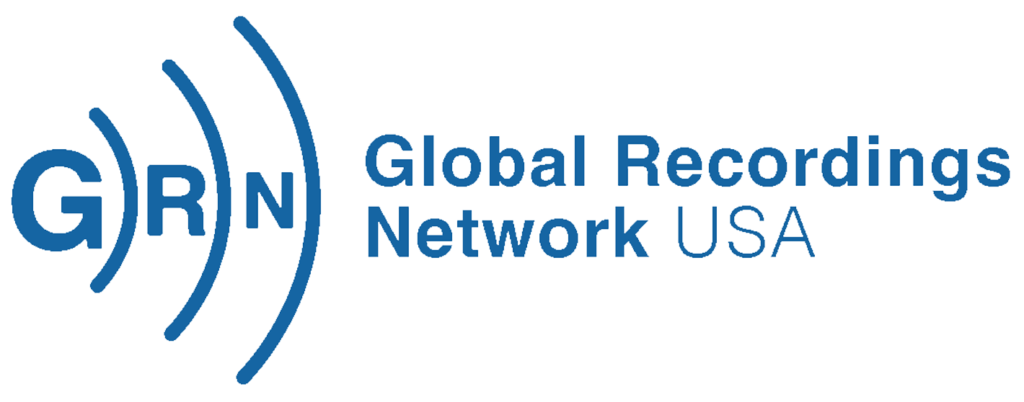Post 72 / The Next Language
January 11, 2022
Genesis of a Recording Set
Those who follow me here know that I am always looking for new ways to tell the story of Jesus, ways that Jesus Himself might have harnessed. He of course was tasked to find the lost sheep of the house of Israel and richly drew on their culture and traditions and laws.
When we arrive to a language that has no other literary or audio Scripture resources we bear the responsibility of building a foundation that will affect the church for decades. We take that seriously. Looking over the 19 unrecorded languages we recorded for the first time in 2021, 17 fall into the category where we are the pioneers in translation.
In our recent training course we laid down 7 essentials for minimum representation of the Gospel in a recording set:
Sin
Fallen state of man
Sacrifice of Jesus
Repentance
Forgiveness
Heaven
Hell
When we show up to work with existing Christians we let them choose and shape the content. Sometimes – as with the Zapoteco Alto – we invite them to draw from the entire Biblical context to target listeners to plant Gospel seeds. In other cases we offer the choice of any of the 50 stories available from the Unfolding Word. In the case of the Mixteco Tacahua they had already prepared messages from three Gospel portions of the teachings of Jesus. They supplemented that with their personal testimonies.
We encourage recording personal testimonies that speak to the power of the Gospel. That discourse genre suits the oral tradition and avoids the linguistic hazards of recording phrase by phrase translations. It has been amazing to see how bold believers can be after they have already faced death over stepping out for Christ. We can help people prevent others from recognizing their voice, but they say, “In this culture everyone is going to know whose story this is. We have already paid the price and want everyone to know.”
I have had discussions with team mates and missionaries alike about using the very sacrifice-rich history of the older cultures. They correctly point out that those cultures might have laid the ground for where 400 tribes are today but they are not part of the daily conversation. [Kind of like the two linguists working on a Bible translation. One wished to give the people the pure prototype of the language. Great idea but they could not understand it. The other one produced a translation that reflected everyday speech. It incorporated a lot of Spanish loan words. It was understood and effectively used.]
So, we will not be talking about human sacrifice. In a recent brainstorming session with Pastor Pablo and his elders of the Zapoteco Alto, they wanted to target the migrants. I had vetted this with my Zapoteco trainee Francisco and suggested that we challenge language helpers to speak to migrants in the agriculture camps in the north. Experience has taught us that these villagers when away from home are very responsive to their mother tongue even though they are often bilingual. But Francisco implored me not to specifically speak to this situation in public recordings. Both the home resident and those away from home are often not proud of having to leave the subsistent culture in order to get cash.
Pastor Pablo wanted to focus on all migrants. He was one himself, in the process of moving back to Mexico from Texas. He shared that he and his wife and daughter had actually talked about doing trilingual recordings. (As an aside he suggested that maybe that had been preparing them for this project.) He pointed out that many of the Zapoteco in the States spoke English and their children would certainly be fluent. Those workers in the agricultural camps would be fluent in Spanish most often. He pointed out the power of a trilingual production that would appeal to the curious about the root language, and to those wanting to learn a second or third language.
He pondered about taking the story of the Prodigal Son and laying it side by side with all three languages. All Zapoteco Alto speakers would be interested in that, he said, and especially in a message that was speaking to both those that had left the father’s house and those that were also still just as far from God while living in their cloistered houses and living off the ancestral land.
We declined the trilingual idea at the time but I have had second ideas about that. You can pray that we will be guided in this process in order to come out with recordings that will be fruitful for the Kingdom.
God Bless,
Larry DeVilbiss | Executive Director
Global Recordings Network USA
If you are interested in learning how to share links on social media
that will promote use of our recordings and the Gospel in general,
please contact Roland Heck@GlobalRecordings.Net
